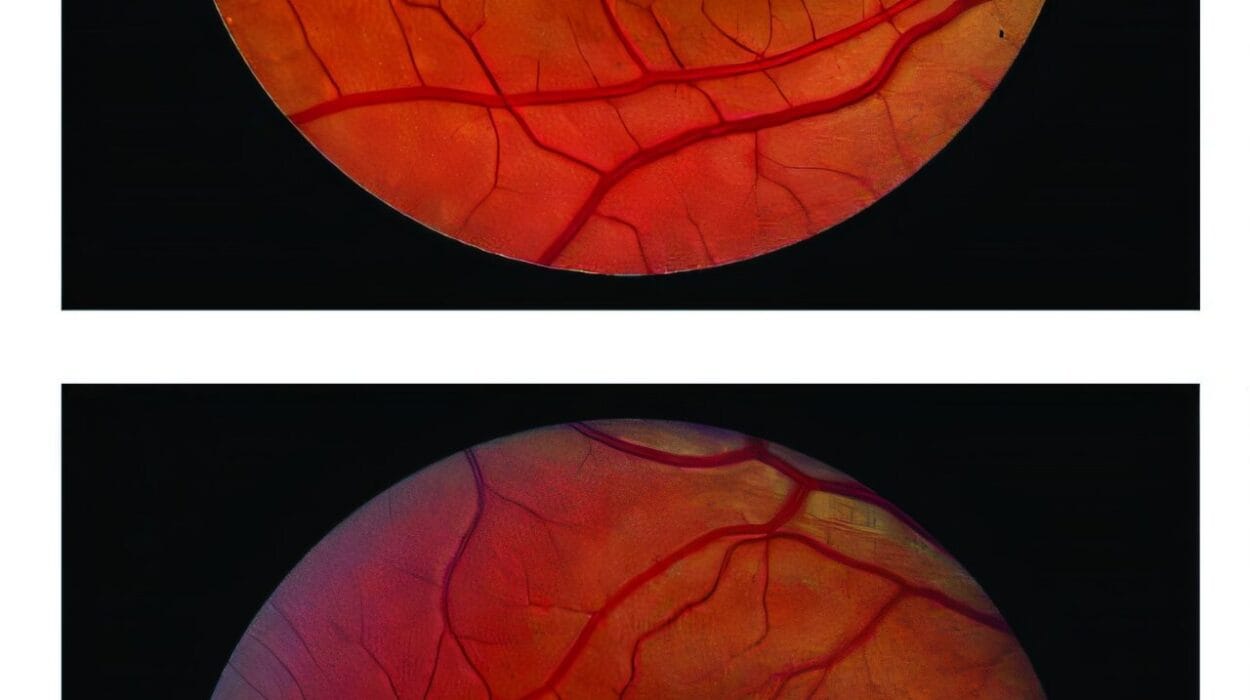In a groundbreaking long-term study tracking more than 205,000 people over three decades, researchers have uncovered a striking difference in how different types of potatoes affect the risk of developing type 2 diabetes (T2D). The research, conducted by the Harvard T.H. Chan School of Public Health and published in the BMJ, found that eating French fries regularly was significantly associated with an increased risk of T2D, while consuming baked, boiled, or mashed potatoes was not.
The study sheds new light on an old question and moves beyond simply labeling potatoes as “good” or “bad.” Instead, it emphasizes that how a food is prepared and what it replaces in the diet are essential to understanding its health impact.
A 30-Year Look at Diet and Diabetes
The researchers tapped into decades of data from three of the most respected long-term health studies in the world: the Nurses’ Health Study, the Nurses’ Health Study II, and the Health Professionals Follow-up Study. Participants in these cohorts provided detailed dietary information every four years, including how often they ate French fries, as well as baked, boiled, or mashed potatoes. They also reported medical diagnoses, lifestyle habits, and other health-related data.
Over the course of the study, 22,299 individuals were diagnosed with type 2 diabetes. The data revealed a clear pattern: people who reported eating French fries three or more times per week had a 20% higher risk of developing T2D compared to those who ate them rarely or not at all. In contrast, those who consumed baked, boiled, or mashed potatoes saw no significant increase in risk.
“We’re shifting the conversation from, ‘Are potatoes good or bad?’ to a more nuanced—and useful—question: How are they prepared, and what might we eat instead?” said Dr. Seyed Mohammad Mousavi, lead author and postdoctoral research fellow at the Harvard T.H. Chan School of Public Health.
Whole Grains Offer a Healthier Swap
What happens when you replace potatoes—especially French fries—with other foods? That’s where the study gets even more compelling. By analyzing the potential impact of dietary swaps, the researchers found that replacing French fries with whole grains like brown rice, farro, quinoa, or whole-grain bread could reduce the risk of type 2 diabetes by up to 19%. Even replacing French fries with refined grains such as white bread or white rice was estimated to lower diabetes risk.
Swapping baked, boiled, or mashed potatoes for whole grains led to a 4% reduction in T2D risk—modest, but still meaningful on a population scale.
“These findings provide evidence that small, everyday dietary changes can have a major public health impact,” said Dr. Walter Willett, senior study author and a prominent professor of epidemiology and nutrition at Harvard.
Why Are French Fries Worse Than Other Potatoes?
What makes French fries different? It likely comes down to a combination of how they’re cooked and how they’re consumed. French fries are typically deep-fried in oils that are high in unhealthy fats and are often heavily salted, which can contribute to inflammation, insulin resistance, and weight gain—all key drivers of type 2 diabetes.
In contrast, baked or boiled potatoes retain their natural structure and are usually consumed with fewer added fats. While they still rank relatively high on the glycemic index (meaning they can raise blood sugar quickly), they don’t carry the added burdens of frying oil or excessive sodium.
Furthermore, portion size and meal context matter. French fries are often part of fast-food meals, paired with sugary sodas and high-calorie burgers, which together form a perfect storm for metabolic dysfunction.
A More Precise Message for the Public and Policymakers
For years, dietary guidelines and public health messaging have lumped all carbohydrates—or even all potatoes—into broad categories. This study challenges that approach, emphasizing the need for a more refined and accurate understanding of food and nutrition.
“The public health message here is simple and powerful,” said Dr. Willett. “Limiting potatoes—especially limiting French fries—and choosing healthy, whole-grain sources of carbohydrate could help lower the risk of type 2 diabetes across the population.”
Policymakers and health educators, he argues, need to consider not only what people eat, but how those foods are prepared and what alternatives they have. It’s not enough to say “eat fewer carbs” or “avoid potatoes.” The devil, it seems, is in the deep fryer.
A Meta-Analysis with Global Implications
In addition to the primary study, the researchers carried out a comprehensive meta-analysis, combining data from 13 separate cohort studies on potato intake and 11 on whole grain intake. These studies involved over 500,000 participants and more than 43,000 cases of type 2 diabetes across four continents. The results were strikingly consistent with those of the Harvard study, reinforcing the conclusion that French fries pose a unique and significant risk.
What’s more, the research team used a novel statistical method to estimate how substituting potatoes for whole grains could impact diabetes risk on a global scale. The consistency of these findings across diverse populations adds weight to their relevance—not just for Americans or Europeans, but for people around the world.
Small Changes, Big Results
While type 2 diabetes is influenced by many factors—including genetics, exercise, and body weight—diet remains a central modifiable risk factor. The findings of this study underscore the potential of simple dietary swaps to yield significant long-term health benefits.
Instead of demonizing an entire food group, the researchers encourage a more practical and empowering approach: think about how foods are cooked, how often you eat them, and what you can eat instead. A bowl of oatmeal instead of French fries. Quinoa instead of mashed potatoes. Whole-grain toast instead of hash browns. These are not sacrifices—they’re opportunities for better health.
What This Means for You
For the average person trying to eat healthier or manage their diabetes risk, the takeaways are refreshingly clear:
- French fries, though delicious, should be a rare indulgence—not a staple.
- Baked, boiled, and mashed potatoes aren’t off-limits, especially if eaten in moderation and as part of a balanced diet.
- Whole grains are your friend. They offer fiber, vitamins, and a lower glycemic impact.
- Food choices are not black and white. The quality, preparation, and context all matter.
These insights are especially powerful in a world where confusion around diet and nutrition is rampant. As more people look for answers amid a flood of conflicting advice, studies like this provide clarity grounded in rigorous science and interpreted with compassion.
Looking Ahead: A New Era of Nutritional Wisdom
The research from Harvard is more than a dietary advisory—it’s a wake-up call for a smarter, more evidence-based approach to food and health. With type 2 diabetes affecting over 500 million people worldwide, and rising fastest in low- and middle-income countries, accessible and practical dietary guidance has never been more urgent.
This study marks a move away from simplistic labels like “superfood” or “bad carb.” It’s a call to understand our food, not fear it—to cook it with care, to choose with intention, and to nourish our bodies not just for today, but for the years to come.
French fries may be golden and crisp, but when it comes to your long-term health, whole grains are the real treasure.
More information: Total and specific potato intake and risk of type 2 diabetes: results from three US cohort studies and a substitution meta-analysis of prospective cohorts, The BMJ (2025). DOI: 10.1136/bmj-2024-082121






